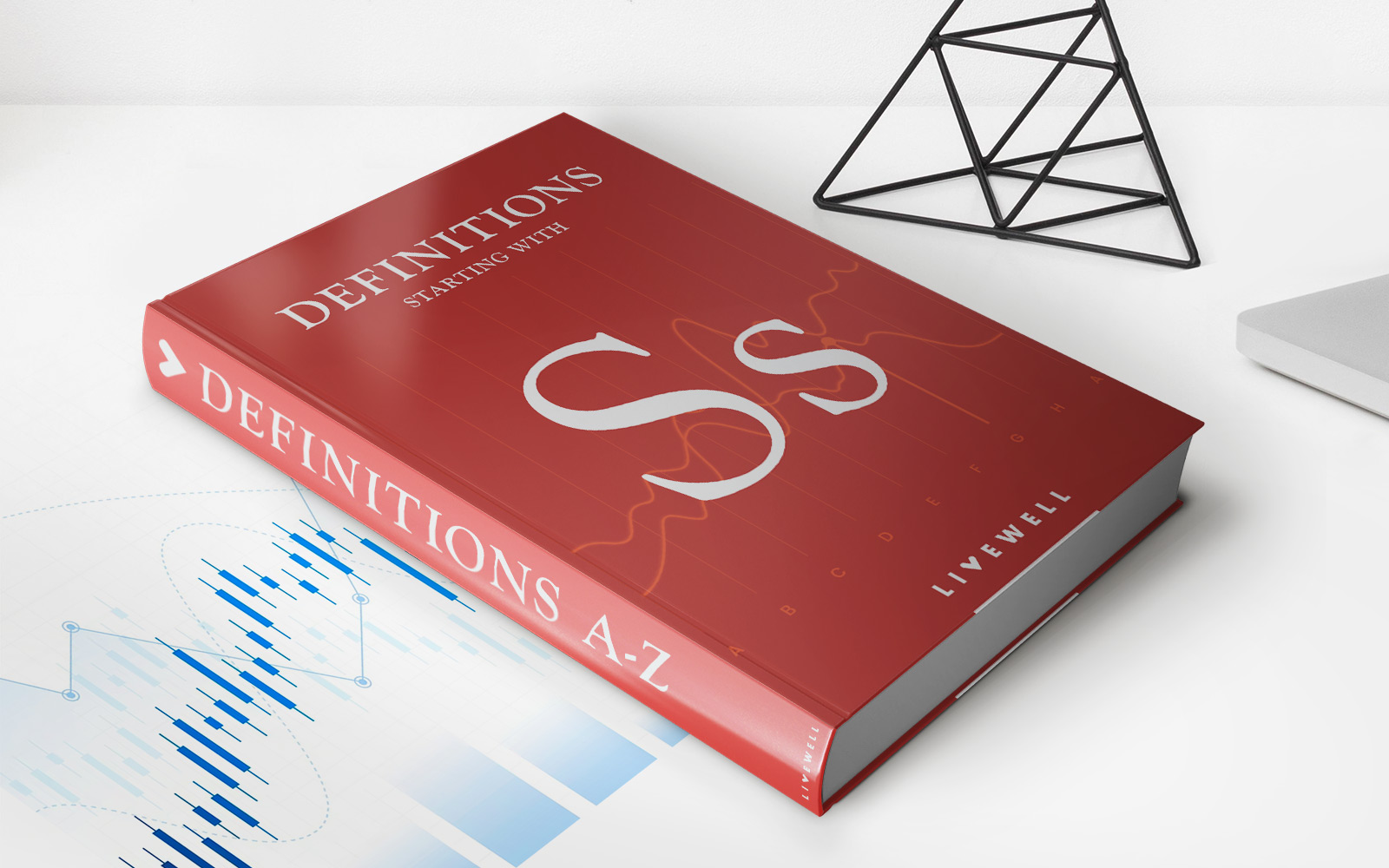Home>Finance>Student Loan Interest Deduction Definition And How To Claim It


Finance
Student Loan Interest Deduction Definition And How To Claim It
Modified: February 21, 2024
Learn about the student loan interest deduction in finance and discover how to claim it. Explore the definition and benefits of this tax-saving opportunity.
(Many of the links in this article redirect to a specific reviewed product. Your purchase of these products through affiliate links helps to generate commission for LiveWell, at no extra cost. Learn more)
Understanding the Student Loan Interest Deduction
If you’re a student or recent graduate burdened by student loan debt, you may be eligible for a valuable tax break known as the Student Loan Interest Deduction! This deduction can help you reduce your taxable income and potentially save you hundreds or even thousands of dollars on your tax bill. In this article, we will define the Student Loan Interest Deduction and guide you through the process of claiming it.
Key Takeaways:
- The Student Loan Interest Deduction allows you to deduct up to $2,500 of interest paid on qualified student loans.
- To claim the deduction, you must meet certain income requirements and satisfy other eligibility criteria.
What is the Student Loan Interest Deduction?
The Student Loan Interest Deduction is a tax benefit offered by the Internal Revenue Service (IRS) that allows you to deduct the interest you paid on qualified student loans during the tax year. This deduction can directly reduce your taxable income, potentially lowering the amount of taxes you owe and providing you with some financial relief.
Who is Eligible for the Student Loan Interest Deduction?
To be eligible for the Student Loan Interest Deduction, you must meet the following criteria:
- You must have taken out the loan solely for the purpose of paying qualified education expenses, including tuition, fees, and other necessary education expenses.
- You must be legally obligated to repay the loan. This means that the loan must be in your name, and you are responsible for making the payments.
- You must have paid interest on the student loan during the tax year you are filing for.
- Your filing status must be either single, married filing jointly, head of household, or qualifying widow(er).
- Your modified adjusted gross income (MAGI) must be below the specified limit. For the 2021 tax year, the MAGI limit is $85,000 for single individuals and $170,000 for married couples filing jointly.
How to Claim the Student Loan Interest Deduction
Claiming the Student Loan Interest Deduction is a relatively straightforward process. Here are the steps you need to follow:
- Gather all the necessary information: Get your Form 1098-E from your student loan servicer. This form will show the amount of interest you paid on your student loans during the tax year.
- Calculate your eligible deduction: Using the information provided on Form 1098-E, determine the amount of student loan interest you can deduct. The maximum deduction allowed is $2,500.
- Report the deduction on your tax return: Fill out Form 1040 or Form 1040A, and enter the deduction on the designated line under the “Adjusted Gross Income” section.
Remember, to claim the Student Loan Interest Deduction, you must itemize your deductions and can’t use the standard deduction. Be sure to consult with a tax professional or use tax software to ensure you’re correctly claiming the deduction and maximizing your tax benefits.
In Conclusion
The Student Loan Interest Deduction can provide significant financial relief for individuals burdened by student loan debt. By understanding the definition of the deduction and knowing how to claim it, you can reduce your taxable income and potentially save money on your tax bill. Consider consulting with a tax professional to ensure you’re taking full advantage of this valuable tax benefit.
Remember, always stay updated with the latest tax laws and consult a professional for personalized advice.














